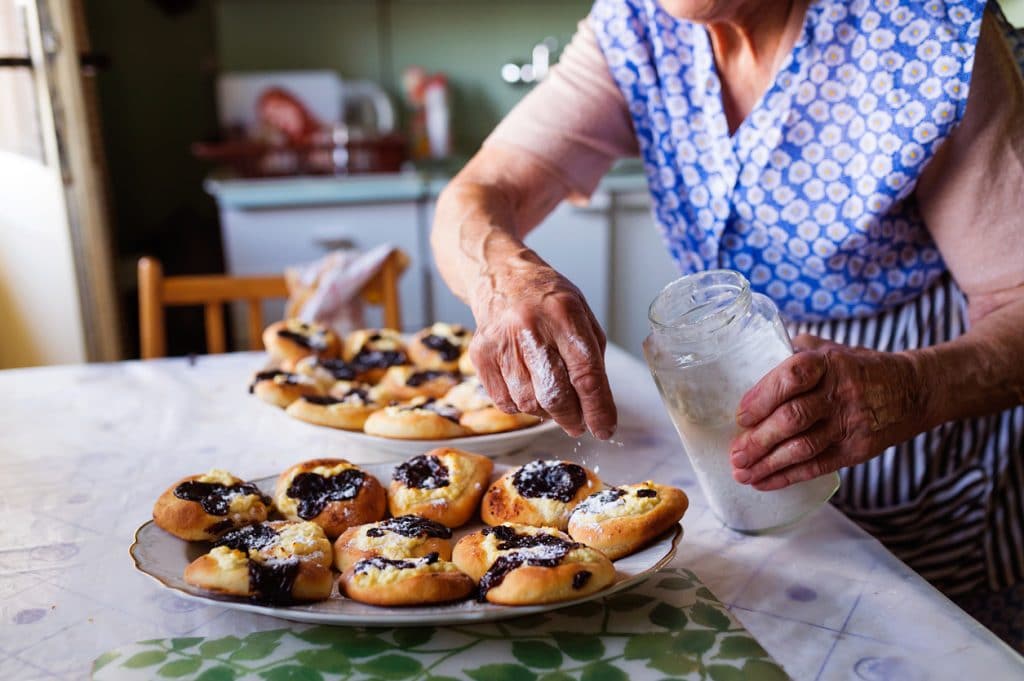A person with dementia can experience an increase in cravings for sugary foods

According to Alzheimer’s Association, taste buds can diminish when the disease takes hold
Researchers believe the brain produces insulin, like the pancreas, and insulin levels in the brain can drop, causing cravings. This could also lead to weight gain and unhealthy eating patterns. Recent studies have also shown that as dementia progresses, it attacks part of the brain responsible for self-restraint in our diets.
Evidence suggests there is a link between Diabetes and Alzheimer’s
Many experts now believe there is a clear link between Type 2 diabetes and Alzheimer’s disease. A recent study published in the journal, Scientific Reports, identified biological links between dementia and high blood sugar.
Dr Emer MacSweeney, CEO and Medical Director at Re:Cognition Health, comments: “cutting back on sugar will undoubtedly benefit all of us, helping to manage our health and prevent weight gain, which can also be a risk factor for vascular dementia.”
Seven ways to cut back on sugar intake
Recalibrate your taste buds
Sugar is addictive, the more we consume, the more we crave. Try eliminating it for a month to recalibrate your taste buds and subside the cravings.
Detox your home
Banish the sugar from your fridge and cupboard – out of sight really is out of mind. Bin the chocolates, sweets, biscuits and jams.
Curb cravings with fruit
Fruit contains natural sugars and will satisfy that sweet craving. Try blending berries and bananas in a blender with natural yogurt and seeds will help.
Eat protein and healthy fats at every meal
This can help to balance blood sugar levels. They will help keep you fuller for longer, prevent energy dips and reduce those 4pm sugar cravings!
Fizzle out the Fizz
Fizzy drinks can contain up to 9 teaspoons of sugar so are best avoided! Fruit juice and smoothies can also have a very high sugar content.
Be careful of natural and artificial sweeteners
Natural sweeteners, like honey and fruit juice, still contain sugar, while artificial options do nothing to reduce our sugar cravings.
Get more sleep
Studies have indicated that a lack of sleep may cause us to consume an additional 300-400 calories the following day. One extra hour of sleep per night can help increase leptin, the hormone responsible for suppressing appetite.
 Visit our USA website
Visit our USA website





